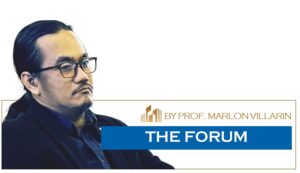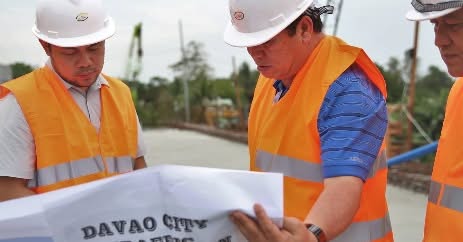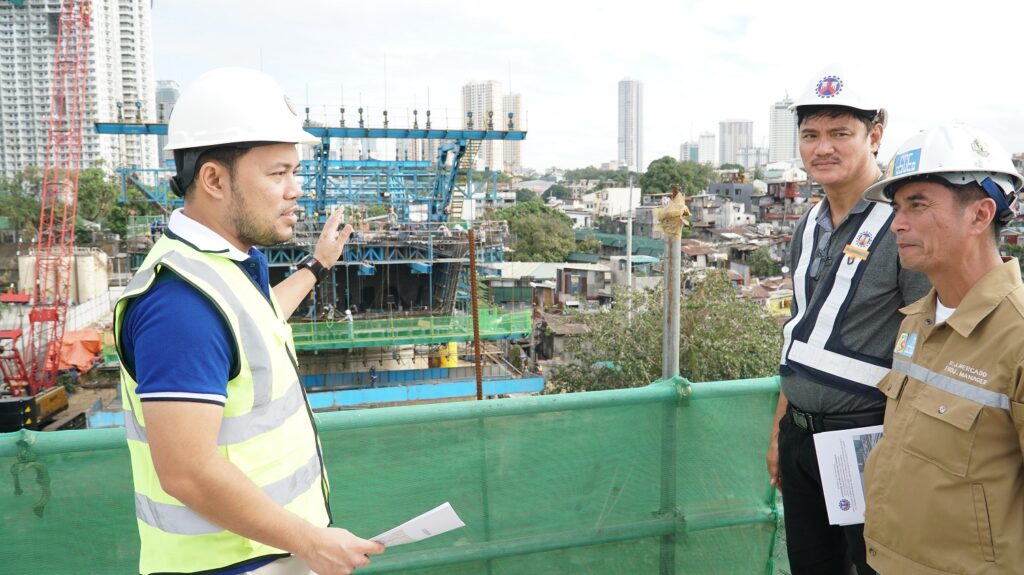As the 2025 midterm elections approach, the political landscape in our country is rapidly evolving, and with it, the strategies employed by our leaders and candidates. One figure who once stood out for his dignified approach to campaigning is President Bongbong Marcos. In 2022, President Marcos was celebrated for his “decent” campaign—one that consciously avoided the mudslinging and vitriol that have come to characterize much of our political and campaign discourse. He maintained a positive campaign messaging strategy, focusing on hope and unity, even in the face of below-the-belt attacks from his opponents. This approach resonated with many Filipino electorates who were weary of the negativity that dominates our election and campaign seasons. Fast forward to the present, and we find ourselves in a starkly different scenario.
During the kickoff rally held in Ilocos for his administration’s senatorial slate, President Marcos seemed to abandon the very principles that propelled his rise to power. Instead of the positive campaigning that characterized his presidential run, he engaged in mudslinging, casting doubt on the capabilities of other senatorial candidates and directing tirades at his predecessor. This unexpected shift raises critical questions about his leadership style and the integrity of his administration.
At the rally, President Marcos presented his senatorial slate as if it were a sacred cow, free from the taint of graft and corruption. He claimed that all his candidates had clean records, contrasting them with their predecessors. Yet, this assertion begs scrutiny from the public eyes. Among his slate is a candidate who has been convicted of plunder by the Sandiganbayan. This glaring contradiction indicates a troubling disconnect between rhetoric and reality, undermining the very foundation of his campaign’s moral high ground.
Moreover, Marcos’ family history is steeped in allegations of corruption and ill-gotten wealth, both locally and internationally. By downplaying these issues and touting his senatorial candidates as paragons of virtue, he risks alienating the very electorate that once found hope in his promise of change and unity. The discomfort among his senatorial candidates during the rally was palpable, as many remained silent, perhaps feeling the weight of their association with a legacy they would rather distance themselves from.
This hesitation speaks volumes about the internal conflict within the slate: a desire to support the President while grappling with their political realities on the ground. It is essential to remember that one of the key reasons President Marcos succeeded in his campaign was his decision to avoid negative tactics. His ability to communicate positively set him apart from his rivals and resonated with voters craving a new direction. Now, as he embarks on a new campaign for the midterm elections, he seems to have forgotten that fundamental lesson. Instead of fostering an environment of respect and constructive dialogue, he has chosen to engage in attacks that detract from the very image of unity and decency he once championed. The question we must ask ourselves is: what has changed? Why has President Marcos shifted from a campaign of hope to one characterized by negativity and division? This transformation raises concerns about the underlying motivations driving his administration. Is it a sign of desperation as he seeks to solidify power through any means necessary? Or is it an indication that the challenges of governance have pushed him to abandon the principles that initially defined his leadership?
As voters, we must remain vigilant and critical. The political arena is rife with contradictions, and it is our duty to hold our leaders responsible and accountable. We should not allow ourselves to be swayed by empty promises or superficial claims of integrity. The past should inform our decisions, and the present actions of candidates must be scrutinized. The path forward should not be paved with mudslinging or character assassination but rather built on a foundation of transparency and accountability.
The paradigm shift in President Bongbong Marcos’ campaigning strategy serves as a poignant reminder of the complexities of political leadership. While he once stood for a new era of decency and positivity, his recent actions suggest a troubling departure from those ideals. As the midterm elections draw near, it is imperative that we as the electorate, as engaged citizens, demand a return to the principles of integrity and respect that should underpin our democratic processes.
The future of our nation depends on it.




